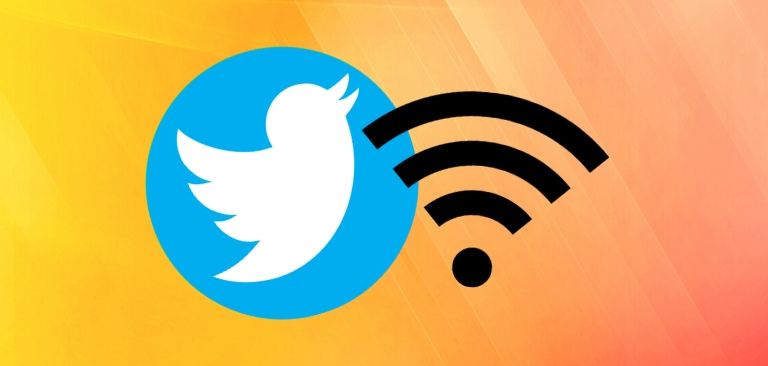Once again, when journalists begin pushing tech companies to censor information, we count the days until those journalists themselves are being caught up in the filters they advocated for and until their own news reporting gets censored.
The technology Twitter has been using to label inaccurate coronavirus information is, of course, making mistakes and all information about certain topics is being labeled as misleading. The mistakes highlight the can of worms that Twitter has opened from the moment it decided it was going to police people’s conversations.
Twitter started using AI to label what it deems as misleading COVID-19 tweets on May 11. Specifically, the labeling system targets “conspiracy theories.”
So, now Twitter marks tweets that it believes contain false or controversial claims with a “Get the facts about COVID-19” label that directs users to other tweets from “credible sources” that debunk the theory.
But, as expected, this automated labeling system has been making mistakes. Tweets that contain information that is against the conspiracy theories have also been getting the label, and journalists aren’t happy about it.
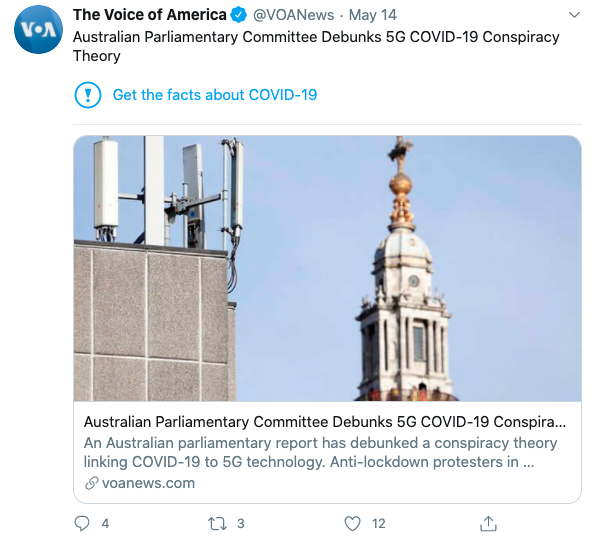
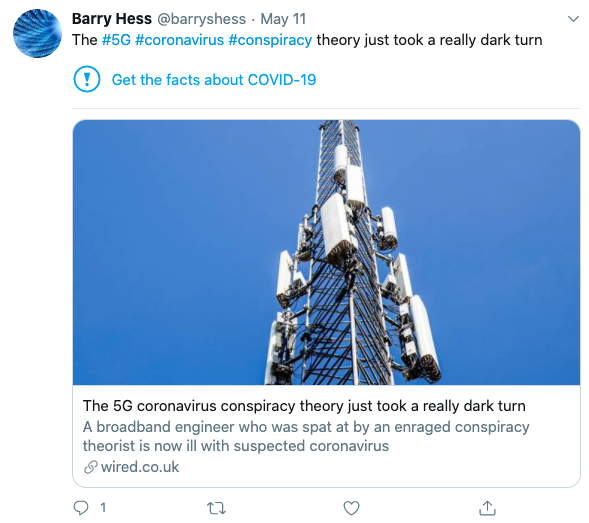
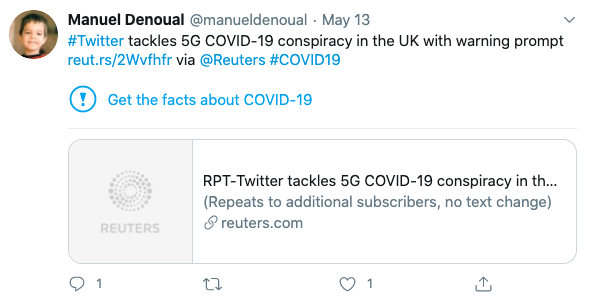
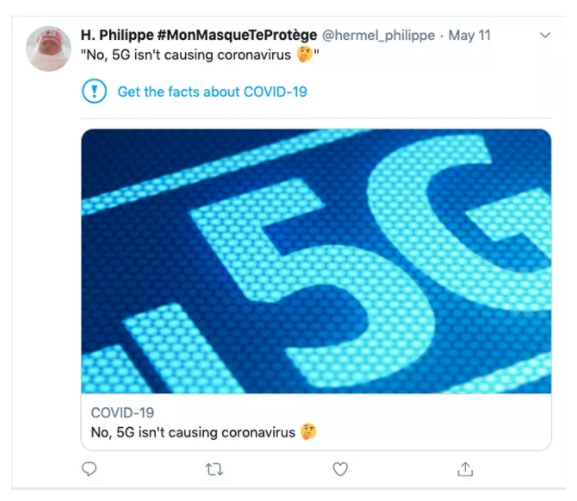
Tweets that include links to news stories from Reuters, BBC, Wired, Voice of America and more have been given a warning label.
In fact, according to experts questioned by CNET, these mistakes could do more harm than good.
“Arguably, labeling incorrectly does more harm than not labeling because then people come to rely on that and they come to trust it,” said Hany Farid, a computer science professor at the University of California, Berkeley. “Once you get it wrong, a couple hours go by and it’s over.”
Users also don’t have a chance to dispute the inaccurate labeling of their tweets.
After seeing the label on a tweet that had nothing to do with the conspiracy theory, Ian Alexander, a tech YouTuber, decided to test the system. His tweet read:
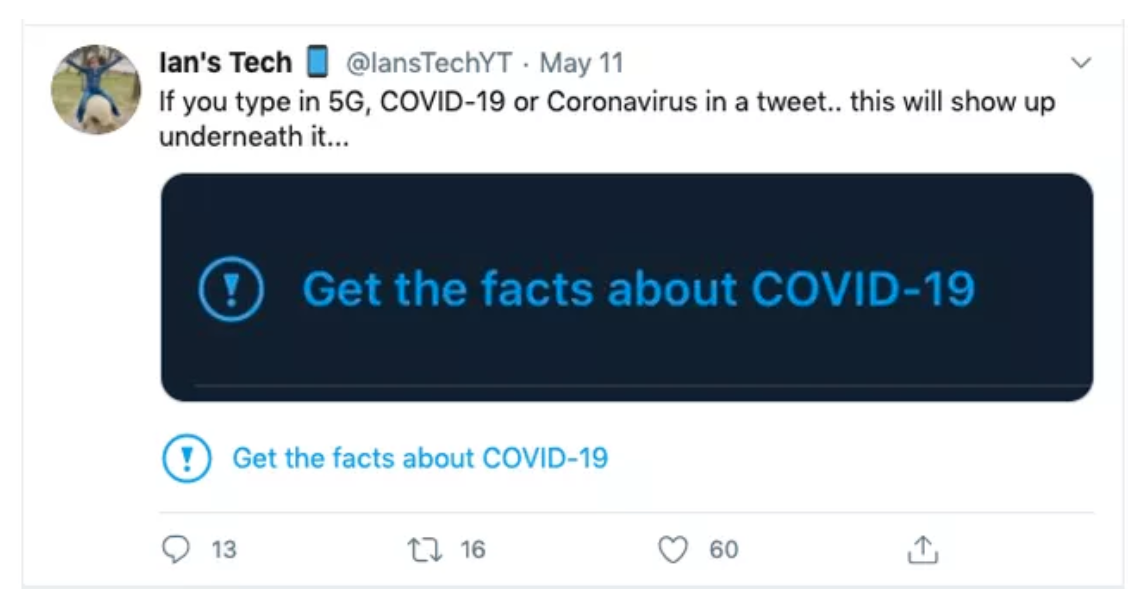
“If you type in 5G, COVID-19 or Coronavirus in a tweet.. this will show up underneath it…”
The label appeared in his tweet, which neither has misleading information or anything to do with the conspiracy theory.
On Twitter’s rival Facebook, CEO Mark Zuckerberg recently said that placing a fact check on a post, reduces the chance that anyone sees it by 95% – which is almost as good as censoring it completely.
Is there a small possibility that journalists who campaigned for the labels in the first place could see the error of their ways and begin to oppose censorship? Or will we see them double down and expect Twitter to separate their conversations from everyone else’s to avoid them being censored? Place your bets.

